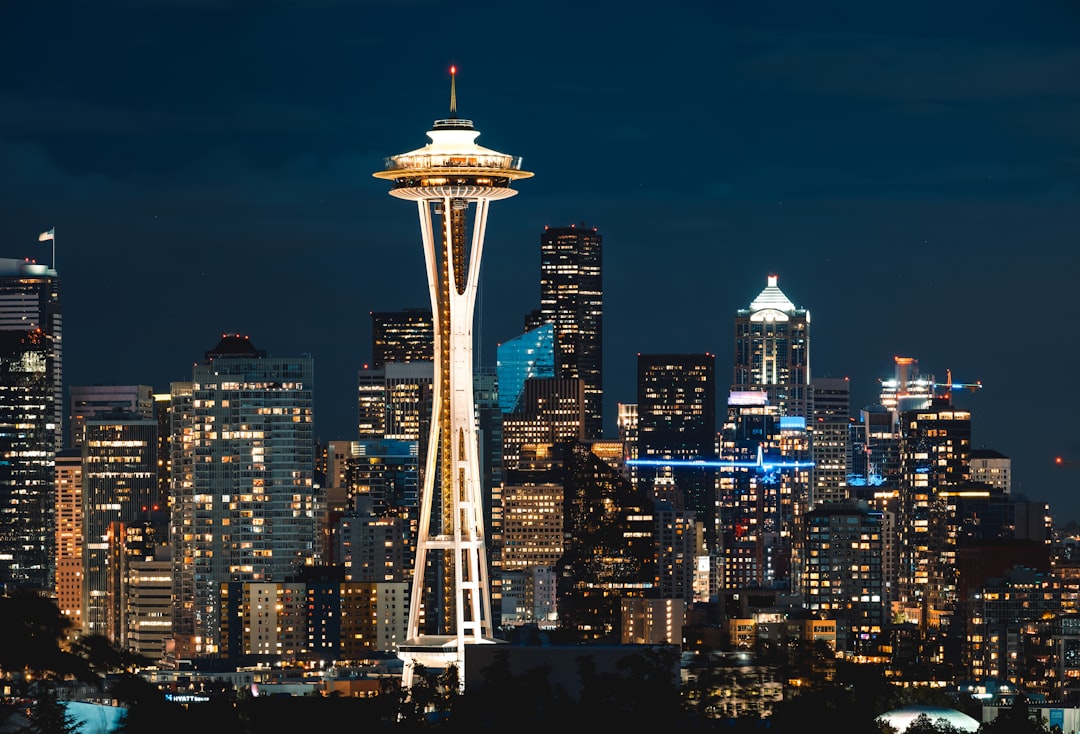
This last Saturday night, I had a brief interaction with a homeless Native man.
He approached and asked if I had any spare change. He was very dark. So I didn't think he belonged to any of the Coastal Salish tribes. He was small though. So maybe Alaska Native. Maybe Pueblo.
He told me his tribe and I thought, yeah, he looks it.
I told him that I was Spokane Indian and grew up in Wellpinit, on the Spokane Indian Reservation—on the rez.
He said he'd grown up on his rez, too, and had been in Seattle for about eight years. He said he used to have drinking buddies from up in Wellpinit.
He laughed. I laughed. Everybody has a drinking buddy from Wellpinit.
He told me his name. I told him mine.
I gave him five bucks. He thanked me and went for a handshake. Among Indians, there are two kinds of handshakes. I let him lead the way and so we softly gripped each other's forearms and shook. It's a warrior handshake, yes, but it's not aggressive. It's not a test of strength. It's respectful.
He walked into the night and I walked back to my car.
And I remembered an encounter more than twenty-five years ago at a book festival in Denver.
After my reading, I was signing books and greeting fans. And I was shaking hands. And so I ended up shaking the hands of ten or twelve Indians in a row. And we shook hands in that other Indian style: with loose fingertips. A very gentle greeting. Indian men, women, and children all shake hands this way when we greet one another, especially in ceremonial settings.
But then, at that book signing, I shook hands with a white man. After so many handshakes with Indians, I forgot to code-switch when I took that white man's hand. He gave me one of those typical muscular strong grips. And I gave him my loose Indian fingers.
And he slightly sprained my pinky finger.
I'm sure some other folks might call this an act of white micro-aggression. Or even just aggression. Others might even call it a racist act.
But it wasn't that. Plenty of Indian men will give a macho handshake. And other non-white men will also go overtly masculine when they take your hand.
And I'm not blaming myself for my failure to code-switch in that moment.
I just want to point out the beauty of my encounter with that homeless Indian man. He and I are living in vastly different circumstances as urban Native men who grew up on reservations. But on a warm Saturday night in Seattle, he and I shared a moment of Indian solidarity.
We reached out to each other with tenderness.




I recognize this feeling. Many years ago, while in a crowded subway in NY, I overheard a woman ask for directions with an accent I recognized to be from the country of my childhood. We started chatting, two complete strangers, about the situation "back home", in a police state behind (at the time) the Iron Curtain. The touching part of this memory is that after the woman went away, my American boyfriend, who had been by my side all along, watching me chatter away in a foreign language with a complete stranger, smiled and told me that my body language, while talking with this member of my old tribe, had changed completely. We were touching arms, staring directly into each other's eyes, our faces just inches away from each other. It was not so much that we connected because we had grown up in the same place, it was that the foreign language we had used was infinitely more complex than merely the spoken language. It incorporated all the ways our bodies danced in our interaction.
In an interview you once gave, you pointed out something that always stayed with me: when people speak face to face, they interact on countless levels, even smelling one another. So too with our different languages. We each have connections to a myriad different tribes, and when we interact with members of those same tribes, we change a lot more than our spoken language, our bodies speak differently too. Those handshakes you describe... what a wonderful way to connect and speak a range of emotions with our bodies.
This makes me stop. As a young woman, I consciously developed a strong handshake. I worked not to crush or sprain, but I've been told it's a firm shake. Especially when I was young, short and rather tiny, I wanted not to be taken for granted.
Thank you for this. Once again, your words are making me think. To reconsider. I'm old now! I'm hoary of head. Should I still have to feel this way... ?!